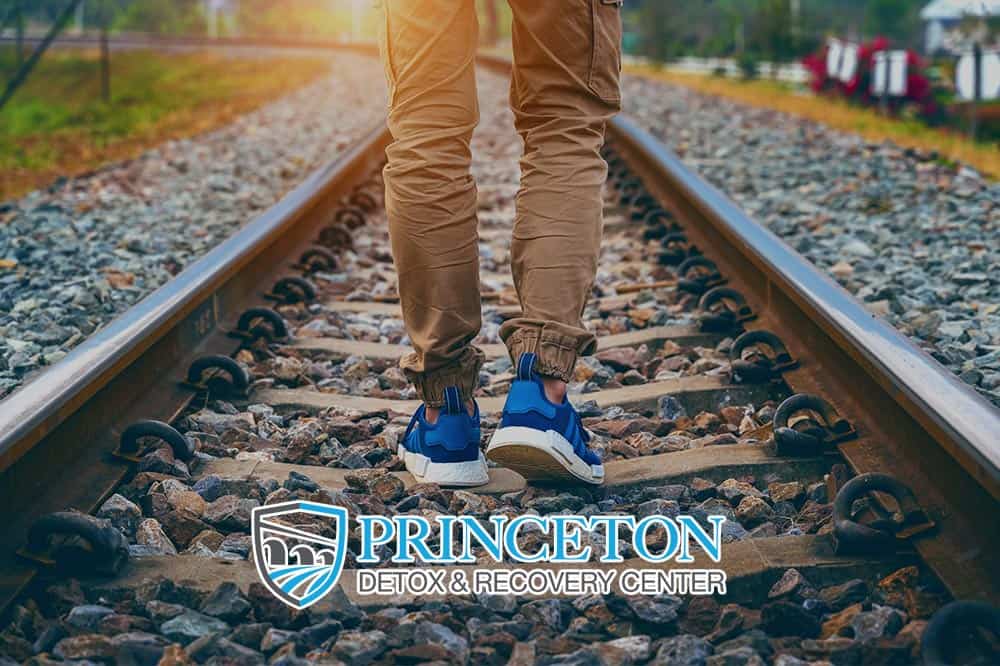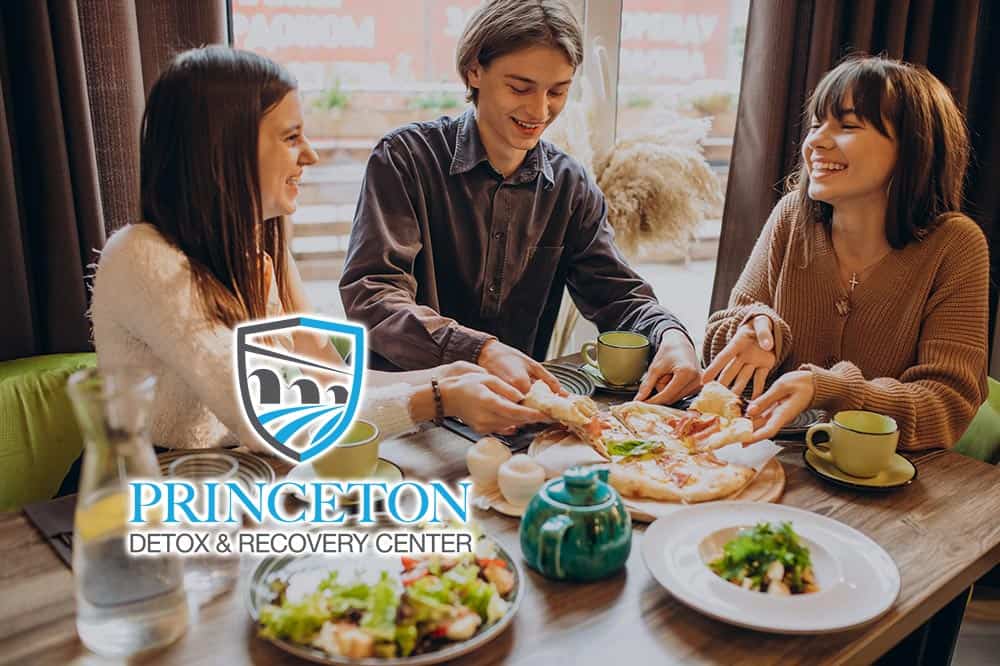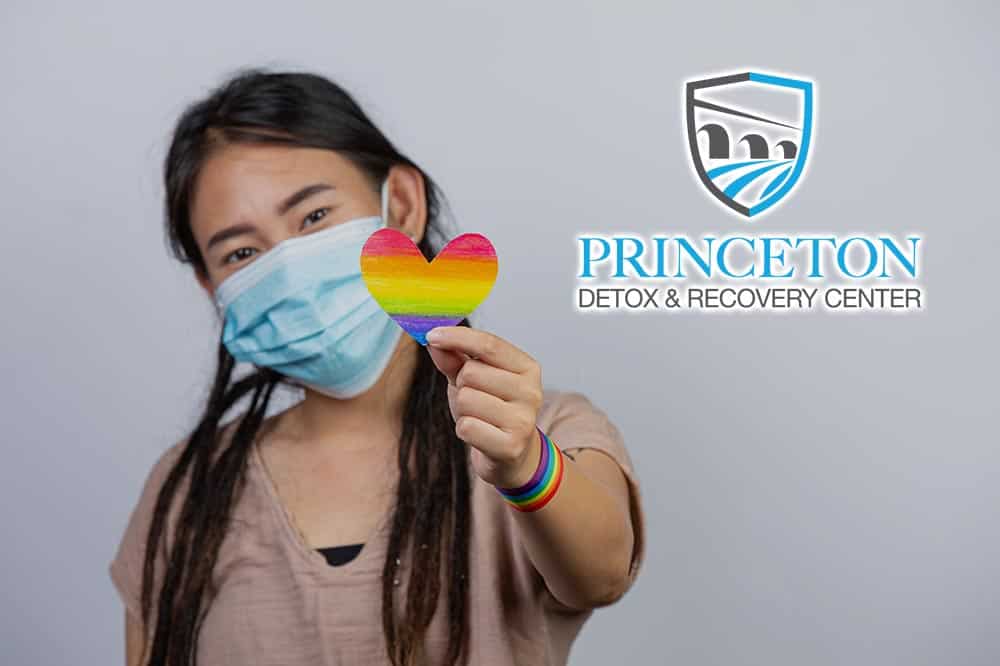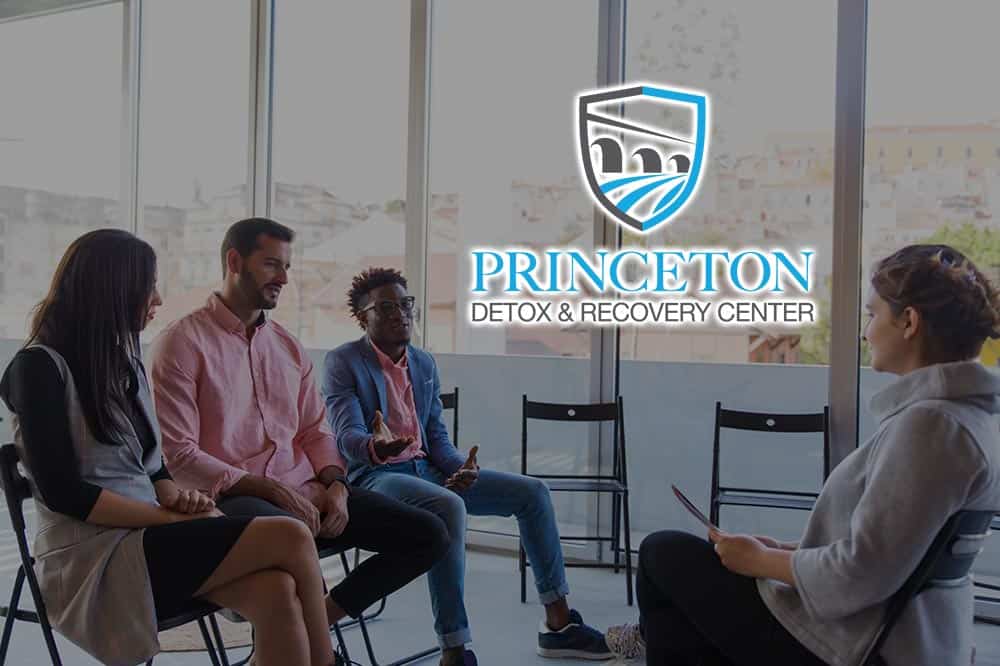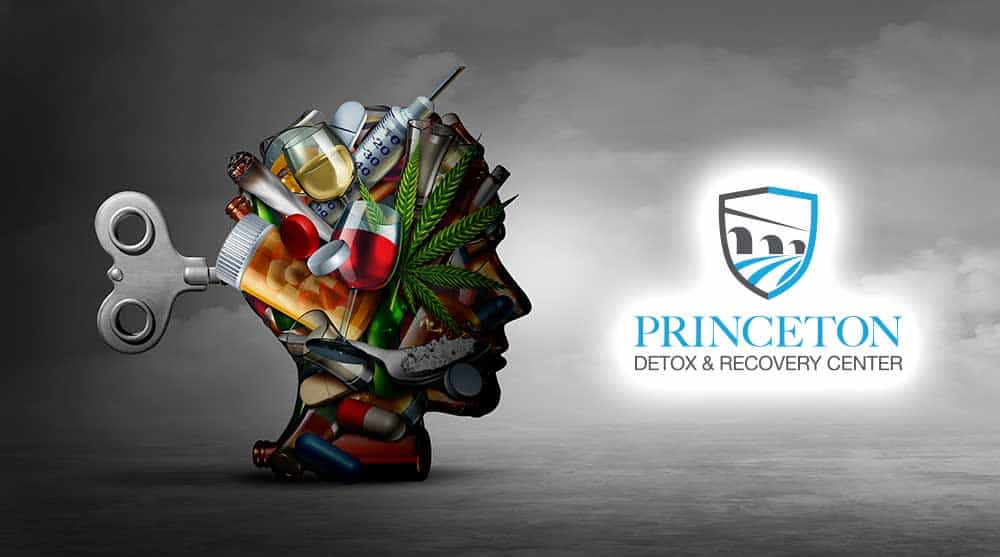Coronavirus Consequences
COVID-19’s Effect on Opioid Addiction Rates
The COVID-19 pandemic has presented people who are in addiction recovery with a unique set of challenges. Increased social isolation, financial/job insecurity and a reduction of recovery-related resources have left those with the most stable programs of recovery in a vulnerable position. It has become more difficult to stay sober; not just because of a lack of in-person recovery meetings, but because people are being faced with an entirely new set of relapse triggers that they haven’t navigated previously. Additionally, the pandemic has led to increased rates of substance abuse and dependence among those with no prior history of addiction.
According to an article published by the American Medical Association, the nationwide opioid epidemic has worsened since the first cases of COVID-19 were reported in the U.S. Every single state has reported an increase in overdose deaths since March 2020, and while drug-related fatalities are attributed to a variety of chemical substances, heroin and fentanyl pose the largest threat. At Princeton Detox & Recovery Center we understand how difficult this period of time has been for those who are in recovery for heroin addiction and for those who have been struggling with a newly developed opioid abuse disorder. The good news is that as an essential service, our medical detox center has remained open through the pandemic and we remain dedicated to providing people across the country with effective addiction treatment services. Contact us today to learn more.
COVID-19’s Correlation with Heroin Addiction
There are numerous links between heroin addiction rates and the COVID-19 pandemic.
Links Between COVID-19 & Opioid Abuse:
- People who were in recovery for heroin addiction found it more difficult to keep up with the essential components of their personal recovery programs – This could mean decreased access to medication assisted treatment services, decreased access to in-person recovery meetings, an inability to meet one-on-one with a licensed therapist or decreased access to other treatment services like intensive outpatient groups.
- Manufacturing issues led to Narcan production problems, as detailed in an article published by the Boston Globe – Narcan is an injectable drug that contains naloxone, an opioid antagonist with the power to reverse the effects of a potentially fatal opioid overdose. Issues like this contribute to the rise in heroin overdose rates.
- People who have been actively struggling with a heroin abuse disorder neglect their health – Most addicts tend to prioritize obtaining and using their drug of choice over seeking professional medical care. Evidence also suggests those who are afflicted with a substance abuse disorder of any kind are less likely to get vaccinated or engage in other preventative measures.
- People who struggle with opioid abuse and dependence are more likely to experience severe and potentially life-threatening symptoms should they contract COVID-19 – According to a recent NIDA article, “Opioids act in the brainstem to slow breathing, increasing the risk for life-threatening overdose and long-term damage to the brain, heart, and lungs. Because of these negative impacts on heart and lung health, people who use opioids at high doses may be more susceptible to COVID-19, and their illness may be more severe.”
We Are Here For You
Let Us Help You Heal
Our Opioid detoxification experience is second to none.
Learn how we can help by speaking with one of our Treatment Advisors today.
- Overall, many areas of the opioid epidemic have worsened since the pandemic began – People are losing their lives at higher rates than ever before. However, this is not because recovery resources are unavailable. At Princeton Detox & Recovery Center we have worked to make our effective detox services as accessible as possible while keeping the health and safety of each individual client our top priority.

Why Are Addiction & Overdose Rates Spiking?
Heroin overdose death rates spiked significantly since the start of the pandemic, and rates of heroin addiction are higher than they have been in the past several years.
Reasons Behind Increased Addiction Rates:
- People who were in recovery experienced a return to substance use because they strayed away from their personal recovery programs.
- Recovery-related resources became more difficult to obtain.
- Increased social isolation led to feelings of loneliness and depression.
- People experienced significantly high stress levels as a result of job insecurity, financial insecurity and other COVID-related stressors.
Many healthcare professionals and addiction specialists have described the pandemic as a “perfect storm” for those who have struggled with heroin addiction in the past. High stress levels combined with unemployment and ample free time can lead to heroin use, and if a person experiences an overdose in their own home there is no one readily available to administer Narcan. According to the Centers for Disease Control and Prevention, a record 93,000 Americans lost their lives to drug overdose in 2020. This number represents a 29 percent increase from the year prior. The CDC also reports that roughly 60 percent of drug overdose deaths in 2020 directly involved fentanyl, a synthetic opioid commonly mixed with heroin in order to increase its potency.
If you or someone you love has been struggling with a heroin abuse disorder, seeking professional help is very important to avoiding fatal overdose. It is difficult to tell whether or not heroin has been laced with fentanyl, and even people who use the drug once can easily lose their lives. At Princeton Detox & Recovery Center we treat heroin addiction thoroughly, addressing all underlying issues as well as all physical symptoms. Overcoming heroin addiction is no small feat, though recovery can be achieved and maintained with the right combination of therapies and medication assisted treatment options.
Ready To Begin Your Detox?
Don’t let addiction control your life.
Call us today and let’s get you started on the path to a better you.
Is Medical Detox Right For Me?
If you have recently turned to opioid use as a way to cope with your current circumstances, or you recently developed an opioid use disorder, you might be wondering if medical detox and subsequent treatment is really necessary. You might be planning to quit using as soon as things normalize; as soon as you can work again, as soon as you can hang out with your friends unmasked, as soon as you can do all of the things you used to enjoy doing. It’s important to remember that addiction is a progressive condition, meaning that symptoms continue to worsen the longer they are left untreated. It is a good idea to nip the symptoms of addiction in the bud, regardless of how infrequently you use and your method of ingestion.
While symptoms associated with opioid withdrawal are not typically life-threatening, they can be tremendously uncomfortable when left untreated. At Princeton Detox & Recovery Center we focus on a safe withdrawal in a medically monitored environment. However, we believe that effective detox programs should focus on more than physical stabilization. We provide our clients with the resources they need to smoothly transition to the next appropriate level of care.
Our Simple Admissions Process
At Princeton Detox & Recovery Center we know those who have been suffering at the hands of a heroin abuse disorder have little time to wait when it comes to receiving effective clinical care. We have developed an admissions process that can be completed in as little as 15 minutes from start to finish. Our main priority is helping people undergo a safe and pain-free heroin withdrawal while providing them with the services they need to maintain sobriety for years to come. We employ a range of proven detox methods including medication assisted treatment options, intensive behavioral therapy, case management services and personalized aftercare planning. To learn more about our medical detox program or to get started with our admissions process, contact us today.

Reviewed for accuracy by:
Amanda Hilzer M.Ed, CAADC, IADAC, ICCS, LCADC, CCS
Amanda graduated from Lehigh University with both an undergraduate degree in Psychology and a Master’s of Education degree in Counseling Psychology and has worked in the field of substance use disorder treatment and mental health treatment as a counselor and as a clinical manager for over 14 years.














